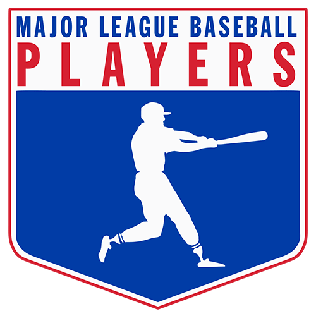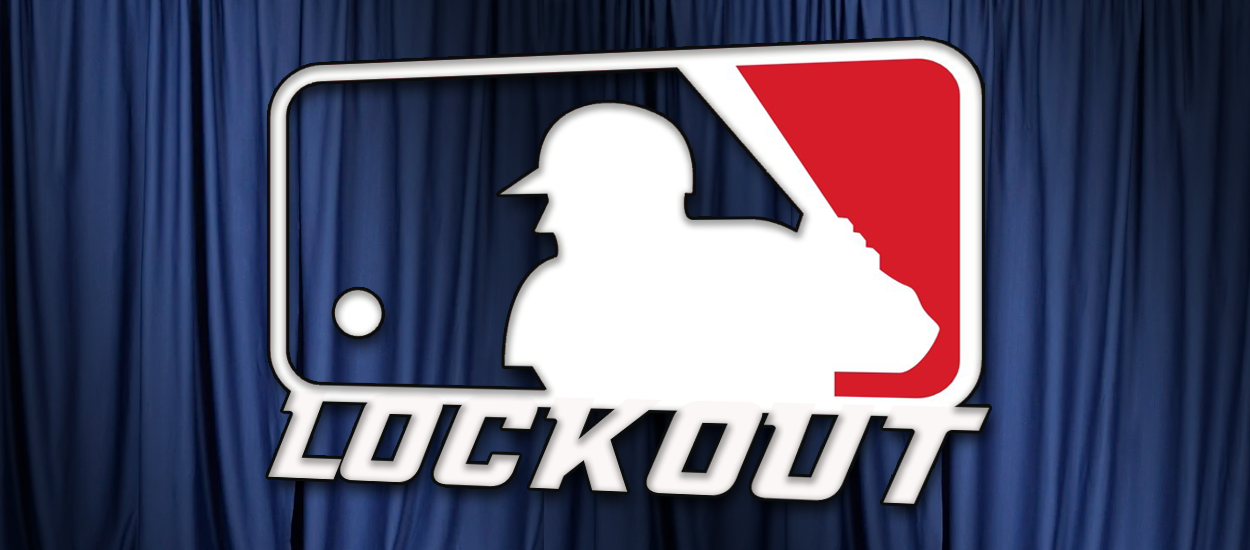The NFL just had its scouting combine, the NBA is racing into the final month of the regular season, and college basketball is preparing for March Madness. As for MLB baseball, it's getting ready to cancel even more games for the upcoming season.
While the rest of the sports world hums along, baseball continues its stalemate, and the threat of losing games wasn't the impetus for a week of feverish talks to end February. It seems that with games already lost, the beginning of March has everyone hoping to have baseball by July. Some Sunday progress was made. The players have now conceded the power to MLB to make rules changes with a 45-day notice, instead of a full year as had previously been agreed upon. So things like banning defensive shifts could happen as soon as this season.
Some Sunday progress was made. The players have now conceded the power to MLB to make rules changes with a 45-day notice, instead of a full year as had previously been agreed upon. So things like banning defensive shifts could happen as soon as this season.
Really, this is an agreement around the edges of the negotiations. As with every labor dispute, money is the driving issue, and it seems like the sides are just as far apart as they were a week ago. To listen to MLB spokesman Glen Caplin, they're further apart. "The Players Association chose to come back to us with a proposal that was worse than last Monday night and was not designed to move the process forward. On some issues, they even went backwards."
"Simply put, we are deadlocked."
When a jury is deadlocked, it either continues trying to reach a verdict, or the case could get retried with a new set of people coming in to decide the case. Here, we are stuck with the negotiators we have, and the gaps that need to be bridged.
It's problematic when, as the union says, the MLB spokesman is lying about their position. The players put out a list of all the concessions they have made over the past week, directly refuting the claim that are "going backwards."
That list includes expanding the playoffs to 12 teams, allowing paid-for patches and decals on uniforms and helmets and agreeing to a non-monetary luxury tax penalty, including the possible loss of draft picks.
What Issues Still Remain?
There are a number of issues still on the table, and there are dollar signs with all of them.
MLB wants a pre-arbitration bonus pool of $30 million. The players want $80 million, down from $85 million.
MLB has offered to raise the minimum baseball salary up to $700,000, with $10,000 increases each of the next five years. The players want $725,000 this year, and $20,000 increases in 2023 and 2024, plus the consumer price index the two years after that.
Major League Baseball owners want the luxury-tax threshold to be $220 million, rising to $230 million by the end of this five-year agreement. The players want that luxury tax threshold to be $238 million, rising to $260 million by the end of the five-year agreement.
For those inclined to wager on the start of the season, it’s June at +200 as the favorite, according to the sportsbook's current MLB odds.
Players to Help Out of Work Employees
It may largely be a P.R. stunt, but it’s good P.R. for the MLBPA to announce that they are creating a $1 million fund to help team employees impacted by the lockout. The MLBPA, with the help of the AFL-CIO, will administer the fund, directing it to the communities hardest hit by the stoppage in play. MLBPA executive board leaders Andrew Miller and Max Scherzer released a statement that read, "There are a lot of people who make our game great. Many aren’t seen or heard, but they are vital to the entertainment experience of our games. Unfortunately, they will also be among those affected by the owner-imposed lockout and the cancellation of games."
MLBPA executive board leaders Andrew Miller and Max Scherzer released a statement that read, "There are a lot of people who make our game great. Many aren’t seen or heard, but they are vital to the entertainment experience of our games. Unfortunately, they will also be among those affected by the owner-imposed lockout and the cancellation of games."
Not to be outdone, shortly after the MLBPA made its announcement about its fund, MLB said it too is creating a fund to help lockout-impacted employees.
The number of people it takes to host a Major League Baseball numbers into the thousands, including on-field groundskeepers and security, to in-stadium concession workers, ticket-sellers and takers, ushers, electricians, plumbers and janitors.
The impact extends further out to non-team and stadium employees when you consider area parking lots, restaurants and bars, that’s not including the hundreds of people locally who depend on baseball crowds to fuel their income.
Baseball Labor Talks Continue to Show Little Progress
- In Handicappers : Handicapping Articles : MLB Baseball
- Wed, Mar 9th, 2022 1:54:29 pm
Baseball owners and players is still in negotiations, mostly over money, while helping out MLB staffs.
Sign-up for the OSGA Newsletter!
Every week get news and updates, exclusive offers and betting tips delivered right to you email inbox.







































